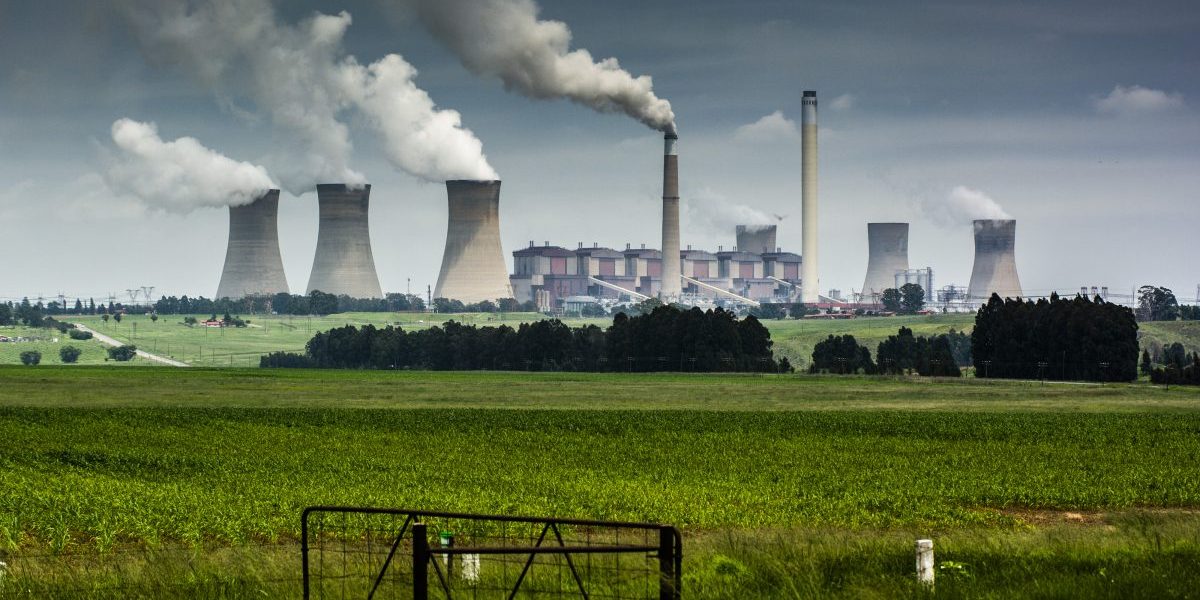Summary:
- Increasingly erratic weather patterns necessitate urgent climate actions.
- As a signatory of the Paris Agreement, South Africa has joined the ranks of those countries leading and encouraging others to implement policies that will slow down or reverse rising global temperatures.
- South Africa introduced a carbon tax in 2019, and set a target of reducing its own greenhouse gas (GHG) emissions by 34% in the short to medium term, and by 42% in the medium to long term.
- This tax is meant to act as a disincentive to the use of production methods that emit GHGs, and reward those sectors that use cleaner means of production.
- The main challenge for South Africa is that electricity generation – on which most sectors rely – is the biggest emitter of GHG, and there are few alternative energy sources. Therefore very few firms in the short period will avoid this tax.
- The South African government provides a tax-free allowance for various reasons as a means of softening the tax blow.
- One of the major drawbacks of the carbon tax is that it currently applies only to domestically produced products, with no such action taken against imported products that may have been produced using polluting production means. This will affect the competitiveness of domestic products, and can undermine the objective of the entire policy.








